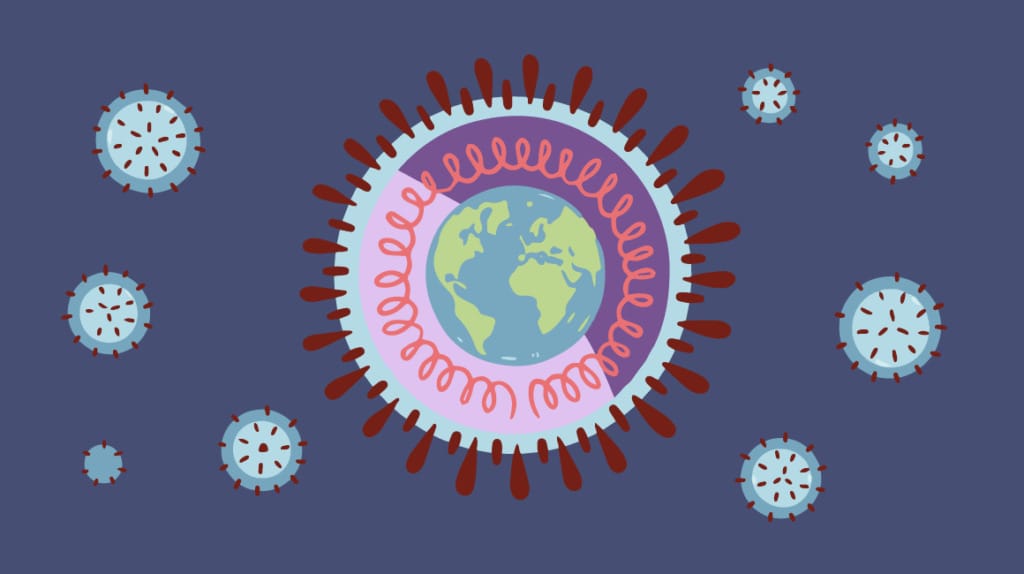Financial Viruses: Professor Draws Analogies Between Pandemics and Economic Crises

The COVID-19 pandemic has shown how viruses rapidly spread across the globe with devastating results: Economic and financial crises, as a professor and research associate show, can spread in a similar way.
In a recent article published in the journal World Economics, Graham Bird, a clinical professor in the Department of Economic Sciences in the university’s Division of Politics & Economics, and Eric Pentecost, professor of economics at the University of Loughborough in the UK and a research associate with the university’s Claremont Institute for Economic Policy Studies (CIEPS), draw analogies between the pandemic and economic emergencies.
Bird and Pentecost show how the speed and virulence with which financial crises in one country spill into other countries—like the movement of the coronavirus through communities and nations—has increased during a “second wave” of globalization, which involves the closer international integration of financial markets.
This wave differs in key ways from globalization’s “first wave,” which had involved closer integration of trade. Financial markets, they explain in their paper, respond to events more quickly than goods markets—and that means these markets are more heavily influenced by behavioral characteristics such as herding or confirmation bias. Market psychology and sentiment, in fact, can play a pivotal role.
Drawing on evidence from the Eurozone crisis as well as a longstanding research project conducted in CIEPS with colleagues Tom Willett and alum Wenti Du (PhD, Economics, ‘16), the article considers a series of key factors in several crisis countries, including Ireland and Greece, and other Eurozone and non-Eurozone economies to discern, to continue the pandemic analogy, the extent and pattern of contagion. Unsound markets, they argue, make countries especially vulnerable.
Their article also points out important asymmetries and notes how markets respond faster and more strongly to bad news than to good news.
“Unlike with COVID-19, there isn’t a vaccine that will protect against infection from financial crises elsewhere, so countries need to put in place policies that limit their vulnerability,” said Bird, who also serves as CIEPS co-director. “I guess there could be the economic and financial equivalent of mask wearing, and physical distancing, but we need to do more research to find out what they are.”
Research into such issues, as well as international capital movements, surges, sudden stops and reversals, as well as the use of capital flow management measures, remains central to the research agenda of CIEPS.